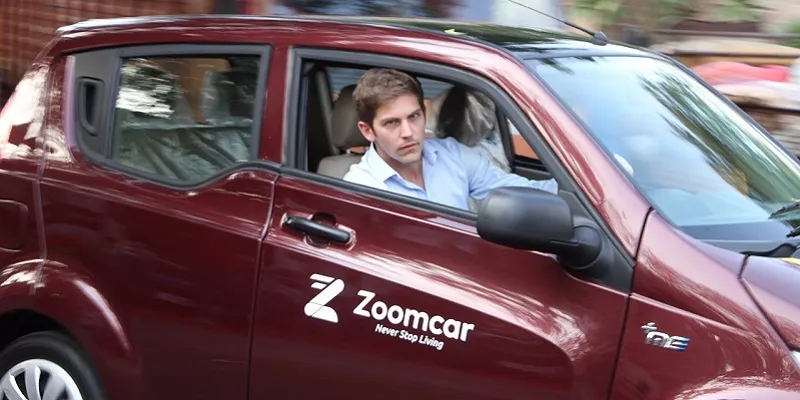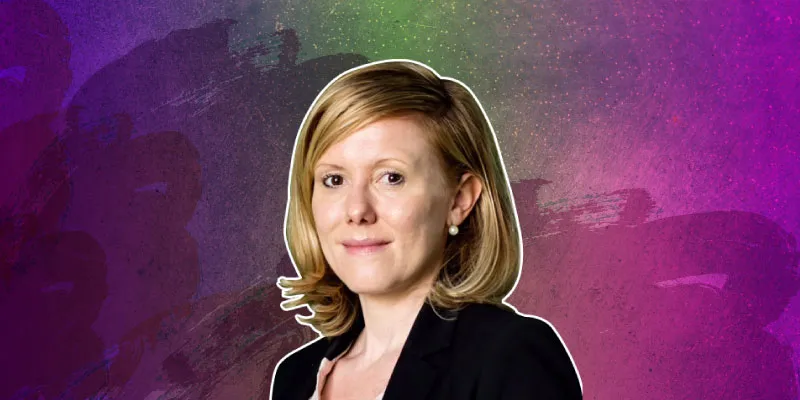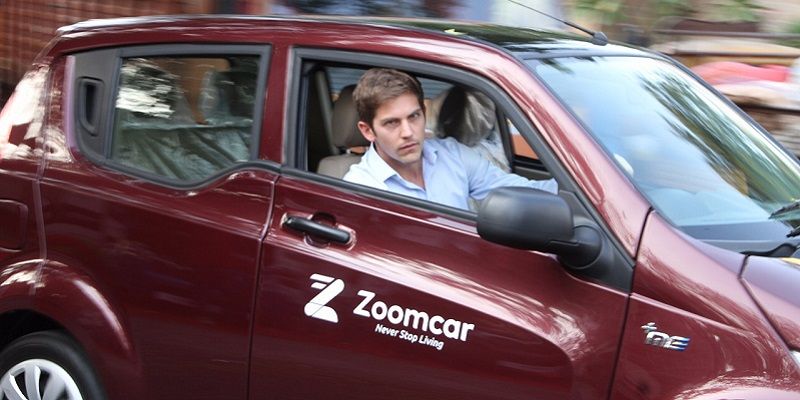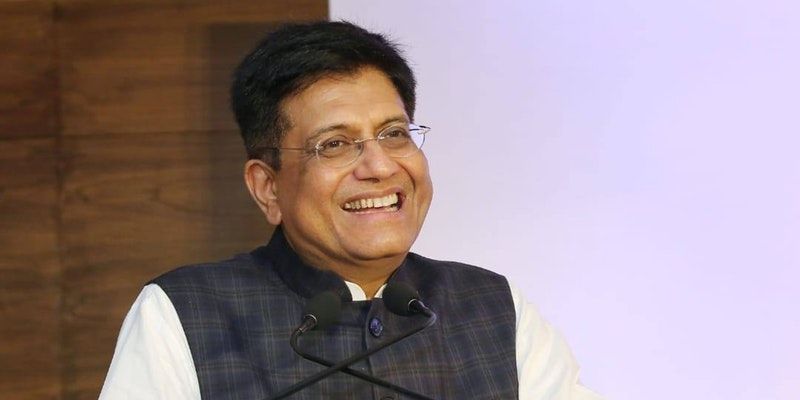Meet the expats who have made India their home and started up
India may not top the chart as far as ease of doing business is concerned, but that hasn’t stopped expats from pursuing their entrepreneurial dreams in the country.
With Prime Minister Narendra Modi advertising that “India is open for business”, the country seems on track to becoming a dream startup destination.
In October 2017, India - for the first time - moved into the top 100 in the World Bank’s Ease of Doing Business global rankings. The shift, experts said, came on the back of sustained business reforms over the past several years.
India’s diversity, market size, and vibrant young population have attracted hordes of foreign investors over the years. But in the past decade, quite a few expats have also landed here and decided to start up. Big-ticket reforms such as the goods and services tax (GST) and the insolvency and bankruptcy code (IBC) are likely to propel India to a higher status in the upcoming World Bank report.

YourStory lists five startups whose founders chose India to kick-start their entrepreneurial journey.
Zoomcar
Greg Moran and David Back, who studied MBA together at the University of Pennsylvania, came to India to start up a business and zeroed in on the idea of Zoomcar. They launched their Bengaluru-based self-driven car rental business in 2012. This year, the startup raised $40 million in its Series C funding round led by automobile maker Mahindra and Mahindra Ltd.
Avenue11
Bengaluru-based online-to-offline grocery company Avenue 11 was founded by Korean expat Nakkyun Chong. It currently serves South and East Bengaluru, with a customer base of 35,000 people, and has a monthly GMV of Rs 90 lakh. The company recently said it was poised to achieve a GMV of Rs 17 crore in 2018. Last month, Avenue 11 raised Rs 26 crore from Brand Capital, the strategic investment arm of the Times Group.
ZestMoney
This Bengaluru-based fintech startup was founded by Lizzie Chapman, who hails from London but made India her home few years ago. Lizzy co-founded ZestMoney in 2015 after working in various finance firms. The digital lending platform has raised $13.4 million in a round led by Chinese smartphone manufacturer Xiaomi in an extension of its Series A round, which also saw participation from existing investors PayU, Ribbit Capital and Omidyar Network.

True Balance
Charlie Lee, who is currently the CEO, founded True Balance, a digital wallet and financial services platform. The Gurugram-based company is owned by Balance Hero India Private Limited. Lee, who has made Gurgaon his home for around a decade now, said earlier to YS that India is an open market when compared with a lot of other Asian countries.
The startup raised $23 million in a Series B2 funding in April this year. The new round of funding saw participation from Japan-based global messenger Line Ventures Corporation, Korean search engine Naver, and Korean bank Shinhan Bank along with TS Investment and other partners.
Orb Energy
Bengaluru-based Orb Energy was founded by Damian Miller and NP Ramesh in 2006. The company manufactures solar energy-based systems, including solar panels and heaters, and is present in 8 cities in India with over 50 branches. Damian, who has a PhD from Cambridge University in the early commercialisation of solar energy technology in emerging markets, is the author of Selling Solar.
In January this year, Orb Energy raised over Rs 95 crore in a part-equity and part-debt round from Dutch development bank FMO, self-sustaining US government agency Overseas Private Investment Corporation (OPIC), African finance institution Pamiga, and Germany’s development finance institution DEG.







